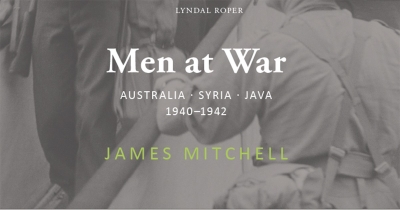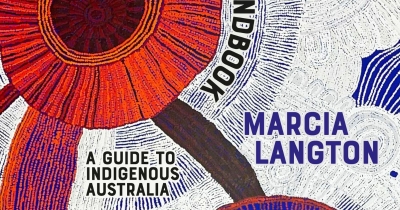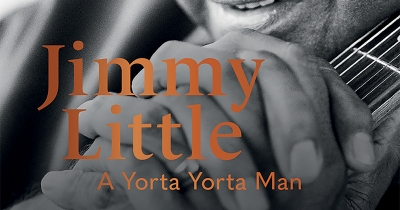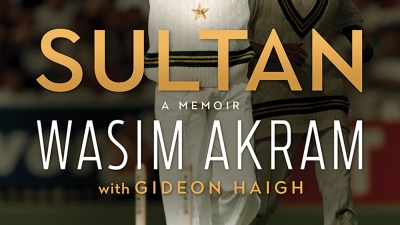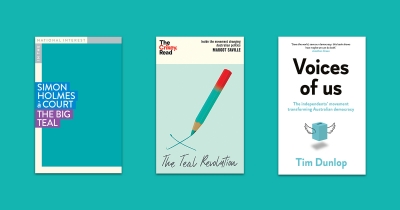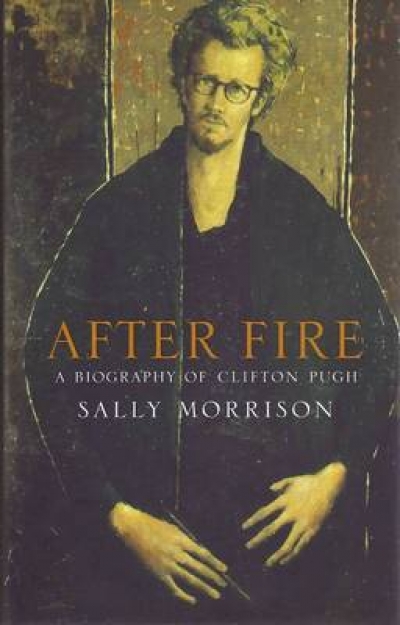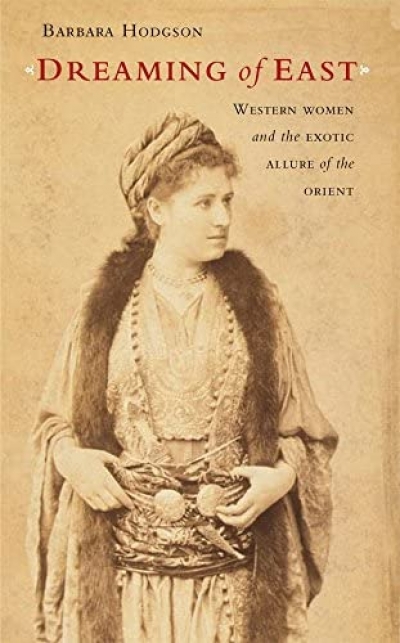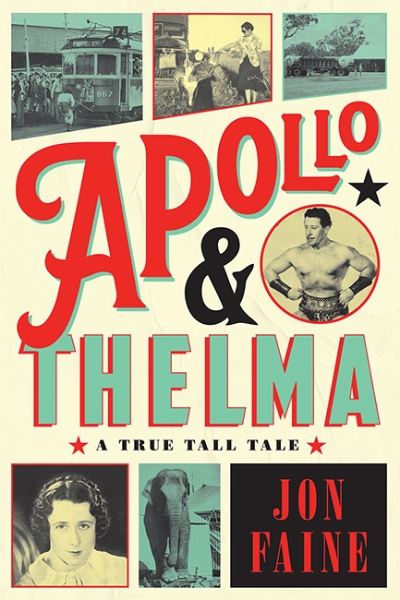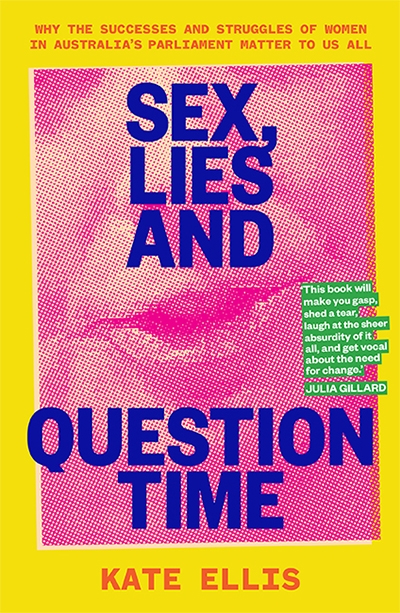Hardie Grant Books
Men at War: Australia, Syria, Java 1940–1942 by James Mitchell
by Michael McKernan •
The Welcome to Country Handbook: A guide to Indigenous Australia by Marcia Langton
by Sandra R. Phillips •
The Teal Revolution by Margot Saville & The Big Teal by Simon Holmes à Court
by Dennis Altman •
Dreaming of East by Barbara Hodgson & Women of the Gobi by Kate James
by Alison Broinowski •
It has become a rite of passage for foreign correspondents returning home from a stint in China to pen a memoir recounting their experiences. All too often, the story begins with the said reporter crossing into mainland China at Lo Wu, having just spent time enjoying the bright lights of Hong Kong. Clearly, the Lo Wu railway station holds a certain allure for wandering Australian journalists.
... (read more)
